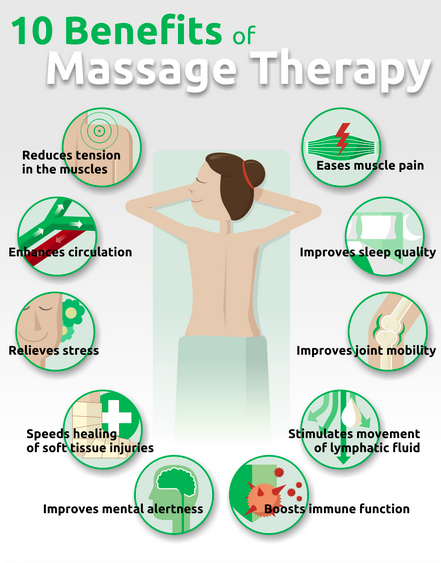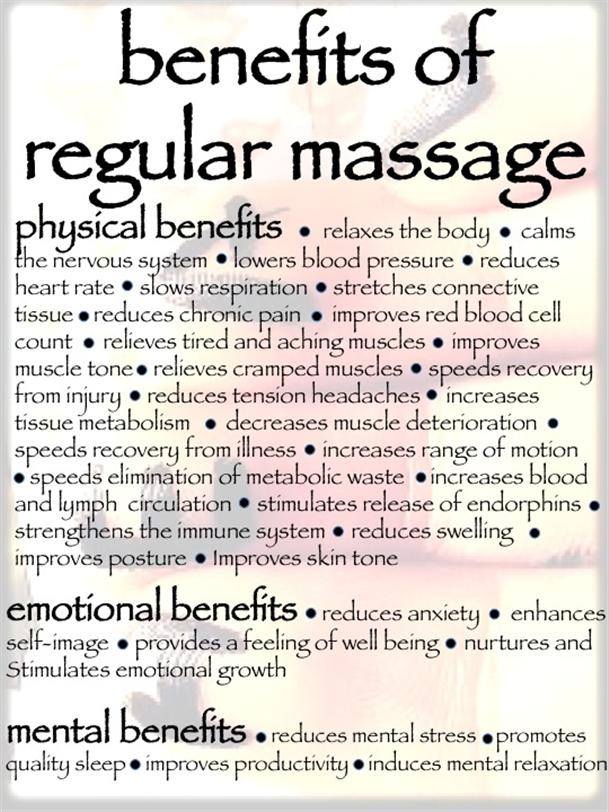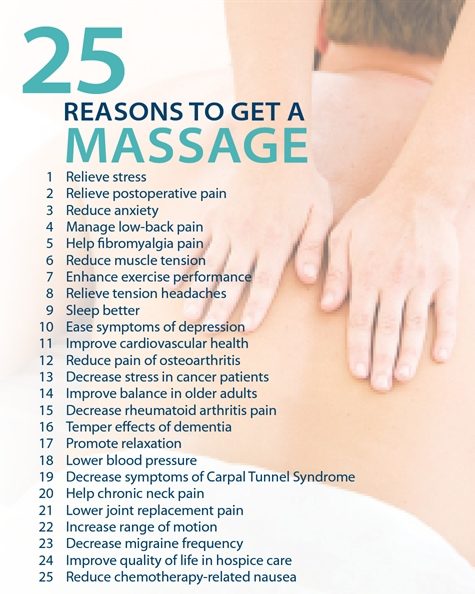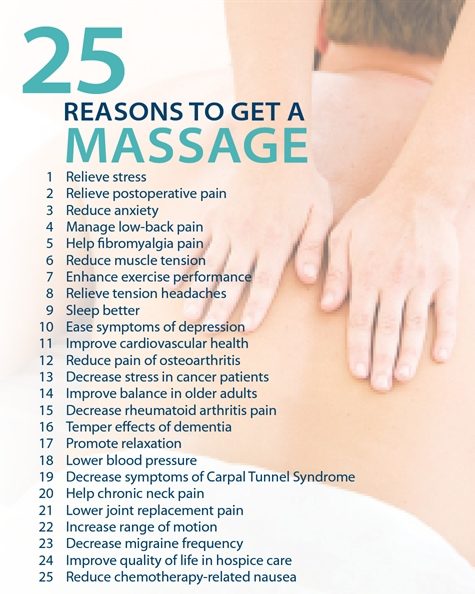Are Massages Good For You? Let me provide you with some context about us. We are a blog created by massage therapists and passionate massage enthusiasts. Our main aim is to share insightful information and assist individuals who share our love for both giving and receiving massages. Now, let’s come to the burning question – are massages good for you? Well, the answer is a resounding yes! Massages have numerous benefits for both your physical and mental well-being. They help relax your muscles, reduce stress, alleviate pain, improve circulation, and enhance your overall mood. So, if you’ve been considering getting a massage, rest assured knowing that it can truly be a wonderful experience with many positive effects on your overall health.
Benefits of Massages
Are massages good for you? Absolutely! Massages offer numerous benefits, both physical and mental, that can greatly improve your overall well-being. Let’s explore some of these benefits in detail.
Stress Relief
One of the major benefits of massages is stress relief. When you’re feeling overwhelmed and tense, a massage can provide the perfect escape. The soothing touch and rhythmic movements of a skilled massage therapist can help calm your mind, release tension in your muscles, and promote a state of deep relaxation. As a result, you’ll find yourself feeling more relaxed, rejuvenated, and better equipped to handle the demands of daily life.
Pain Management
Massages can also be a powerful ally in managing pain. Whether you’re dealing with chronic pain or recovering from an injury, the targeted techniques used in massages can help alleviate discomfort and promote healing. By targeting specific areas of your body, such as your back, neck, or joints, a massage therapist can help reduce pain and improve your overall quality of life.
Improved Circulation
Another wonderful benefit of massages is improved circulation. As the massage therapist applies pressure and moves their hands along your body, they stimulate blood flow to the areas being treated. This increased circulation allows oxygen and nutrients to reach your muscles and organs more effectively, promoting their optimal function. Improved circulation also helps to flush out toxins and waste products from your body, leaving you feeling refreshed and revitalized.
Muscle Recovery
If you lead an active lifestyle or participate in sports, massages can be incredibly beneficial for muscle recovery. Intense physical activity can cause micro-tears in your muscles, leading to soreness and stiffness. Massages help to relax and stretch your muscles, promoting faster healing and reducing muscle pain. By increasing blood flow to the affected areas, massages also assist in removing lactic acid build-up, which can contribute to muscle fatigue and discomfort.
Enhanced Immunity
Did you know that massages can boost your immune system? Research has shown that regular massages can increase the activity of your white blood cells, which are responsible for fighting off infections and disease. Additionally, the decrease in stress hormones (such as cortisol) resulting from a massage can support a stronger immune response. By incorporating massages into your self-care routine, you may find yourself falling ill less frequently and enjoying better overall health.
Massage Techniques
There are various massage techniques available, each with its own unique benefits. Let’s explore a few popular ones:
Swedish Massage
Swedish massage is the most common and widely practiced technique. It involves long, gliding strokes, kneading, and circular movements performed on superficial layers of muscle. Swedish massage is known for its relaxation benefits and is an excellent choice for beginners or those seeking overall stress relief.
Deep Tissue Massage
For those in need of a more intense massage experience, deep tissue massage may be the ideal choice. This technique targets the deeper layers of muscle and connective tissue to release chronic muscle tension and knots. Deep tissue massage can be immensely beneficial for individuals dealing with chronic pain, limited mobility, or recovery from injuries.
Sports Massage
Designed specifically for athletes and active individuals, sports massage focuses on preventing and treating sports-related injuries. It helps to enhance athletic performance, increase flexibility, and reduce muscle soreness after intense physical activity. Sports massage incorporates techniques from Swedish massage, deep tissue massage, and stretching to address specific areas of concern.
Hot Stone Massage
Hot stone massage involves the use of heated stones placed on specific areas of the body. The warmth from the stones helps to relax muscles and alleviate tension. The massage therapist may also use the stones to apply pressure and perform gentle strokes. Hot stone massage can be particularly soothing and is known for its ability to promote deep relaxation and relieve muscle pain.
Thai Massage
Originating from Thailand, Thai massage combines yoga-like stretches, acupressure, and deep massage techniques. The therapist uses their hands, elbows, knees, and feet to apply pressure to specific points on the body, promoting energy flow and releasing tension. Thai massage can improve flexibility, increase range of motion, and restore balance to both the body and mind.

This image is property of massageworkslg.files.wordpress.com.
Effects of Massages on Mental Health
Apart from the physical benefits, massages also have a positive impact on mental health. Let’s explore how:
Reduced Anxiety
If you struggle with anxiety, massages can offer much-needed relief. The combination of touch, relaxation, and deep breathing during a massage promotes the release of endorphins, which are natural mood boosters. This, in turn, helps reduce anxiety and create a sense of calmness and well-being.
Improved Sleep
Good sleep is essential for overall health and well-being. However, stress, anxiety, and other factors can disrupt your sleep patterns. Massage therapy can help address these issues by promoting relaxation and reducing muscle tension. By easing both physical and mental stress, massages can improve the quality of your sleep, leaving you feeling refreshed and energized.
Enhanced Mood
Massages have been shown to increase the production of serotonin and dopamine, neurotransmitters that play a key role in regulating mood. Regular massages can help combat feelings of sadness, irritability, and low mood, leaving you feeling happier and more content.
Alleviated Symptoms of Depression
While massages cannot replace professional mental health treatment, they can be a helpful supplement for individuals experiencing depression. Massage therapy promotes relaxation, reduces stress hormones, and stimulates the release of endorphins, all of which can improve mood and provide temporary relief from depressive symptoms.
Physical Benefits of Massages
In addition to the mental benefits, massages offer a wide range of physical advantages. Let’s delve into a few:
Relief from Aches and Pains
Whether it’s back pain, neck stiffness, or sore muscles, massages can provide much-needed relief from these common aches and pains. The manipulation and pressure applied during a massage help to reduce inflammation, release muscle tension, and increase blood flow, resulting in reduced pain and improved comfort.
Increased Flexibility
Tight muscles can restrict your range of motion and make everyday activities more challenging. Regular massages can help loosen these muscles and improve flexibility and joint mobility. By stretching and manipulating your muscles, a massage therapist can help you regain full range of motion and perform tasks with ease.
Reduced Muscle Tension
Muscle tension is a common condition caused by stress, physical exertion, or poor posture. Massages can effectively reduce muscle tension by loosening tight muscles and releasing knots and trigger points. This not only relieves pain but also allows for better muscle function and improved overall posture.
Improved Posture
Sitting at a desk or engaging in repetitive movements can negatively affect your posture over time. Massages can address postural imbalances by releasing tension in tight muscles and promoting correct alignment. Regular massages combined with proper ergonomics can help you maintain a healthy posture and prevent musculoskeletal issues in the long run.

This image is property of bodysmarthealth.com.
Massages for Specific Conditions
Massage therapy is not only beneficial for general well-being but can also provide targeted relief for specific conditions. Let’s explore a few common conditions where massages can make a significant difference:
Back Pain
Back pain is a prevalent condition that can significantly impact your quality of life. Massages can provide relief by targeting the specific muscles and tissues that contribute to back pain. Techniques such as deep tissue massage or Swedish massage can help reduce pain, increase mobility, and improve overall spinal health.
Headaches
If you often experience tension headaches or migraines, massages can offer effective relief. By targeting the muscles and tension points in the head, neck, and shoulders, a massage therapist can help alleviate headache symptoms. The relaxation and increased blood flow brought about by a massage can provide much-needed relief from pain and help prevent future headaches.
Sports Injuries
Whether you’re a professional athlete or an occasional sports enthusiast, injuries are a common risk. Massages can play a key role in the recovery process by reducing inflammation, promoting circulation, and accelerating the healing of injured soft tissues. Sports massage, in particular, can aid in injury prevention, as well as provide relief and support during rehabilitation.
Arthritis
Arthritis can cause pain, stiffness, and limited mobility in affected joints. Massage therapy can help manage these symptoms by increasing blood flow to the affected areas and promoting the release of synovial fluid, which acts as a lubricant for the joints. Gentle techniques, such as Swedish massage or hot stone massage, can provide arthritis patients with relief and improve their overall joint function.
Fibromyalgia
Fibromyalgia is a chronic condition characterized by widespread pain, fatigue, and tender points. While there is no cure for fibromyalgia, massage therapy can effectively alleviate its symptoms. Massage can reduce pain, improve sleep quality, and provide much-needed relaxation for individuals with fibromyalgia. Techniques such as gentle stretching, myofascial release, and Swedish massage can be particularly beneficial for managing this condition.
Considerations for Massage Therapy
Before booking a massage session, there are a few considerations to keep in mind to ensure a safe and effective experience:
Health Conditions
If you have any pre-existing health conditions or injuries, it’s crucial to inform your massage therapist before the session. Certain conditions may require modifications to the massage techniques used or require the therapist’s specialized expertise. Communicating your health concerns will allow the therapist to tailor the session to your specific needs.
Pregnancy
Pregnant individuals can also benefit from massage therapy. However, it’s important to let your massage therapist know about your pregnancy as some techniques and positions may need to be adjusted. Prenatal massage can help relieve common pregnancy discomforts, reduce stress, and promote relaxation. Seeking a therapist with prenatal massage experience ensures you receive safe and appropriate care during this special time.
Allergies or Sensitivities
If you have any allergies or sensitivities to oils, lotions, or fragrances, communicate this to your massage therapist beforehand. They can accommodate your needs by using alternative products or adjusting their routine accordingly. Open communication is key to ensure the massage session is enjoyable and free from any allergic reactions or sensitivities.
Choosing a Licensed Therapist
When seeking massage therapy, it’s essential to choose a licensed and qualified therapist. A licensed therapist has undergone the necessary training and meets specific standards of competency and professionalism. Look for recommendations, read reviews, and verify the therapist’s credentials to ensure you receive a safe and effective massage experience.

This image is property of d2jx2rerrg6sh3.cloudfront.net.
Massage and Stress Relief
We’ve already touched on the stress-relief benefits of massages, but let’s dig deeper into the physiological effects they have on the body’s stress response:
Effects on the Autonomic Nervous System
The autonomic nervous system regulates involuntary bodily functions, including the stress response. Massages have been shown to stimulate the parasympathetic nervous system, which is responsible for promoting relaxation and counteracting the effects of stress. By activating the parasympathetic nervous system, massages help to bring the body into a state of rest and digest, reducing stress levels in the process.
Reduced Cortisol Levels
Cortisol is a hormone released in response to stress. Long-term exposure to high levels of cortisol can have detrimental effects on both physical and mental health. Regular massages have been found to reduce cortisol levels, helping to mitigate the negative impact of chronic stress on the body. By lowering cortisol levels, massages contribute to a more balanced and healthier stress response.
Promotion of Relaxation Response
Massages promote the body’s relaxation response, triggering a cascade of physiological changes that counteract the effects of stress. The relaxation response induces a state of deep relaxation, reduces heart rate and blood pressure, improves digestion, and enhances overall well-being. By actively engaging in self-care techniques like massages, you can cultivate a more resilient stress response and better cope with the challenges life throws your way.
Scientific Studies on Massage Therapy
Massage therapy has gained recognition within the scientific community, leading to numerous studies investigating its effects on various health conditions. Here are a few notable findings:
Effects on Blood Pressure
Research has shown that regular massages can lead to a significant decrease in blood pressure. The relaxation response induced by massages helps to dilate blood vessels, reducing resistance to blood flow and subsequently lowering blood pressure levels. This finding suggests that massages can be a valuable addition to lifestyle modifications in managing hypertension.
Stress Reduction in Cancer Patients
Cancer patients often experience significant levels of stress and anxiety. Several studies have demonstrated that massage therapy can effectively reduce stress and improve the quality of life for individuals undergoing cancer treatment. Massages have been found to alleviate anxiety, depression, and fatigue while promoting relaxation and overall well-being.
Effects on Chronic Pain
Chronic pain, whether due to conditions such as fibromyalgia or persistent musculoskeletal issues, can be debilitating. Research has shown that massages can provide significant pain relief for individuals suffering from chronic pain. By targeting trigger points, increasing blood flow, and promoting relaxation, massages offer a drug-free approach to managing persistent pain.

This image is property of www.alldeepmassage.com.
Common Myths about Massages
As with any popular practice, there are a few common myths surrounding massages. Let’s dispel some of these misconceptions:
You Need to Be Completely Undressed
While undressing to your level of comfort is common during a massage session, being completely undressed is not necessary. Massage therapists are trained to work with clients at their comfort level, and proper draping techniques ensure your privacy is maintained. Communicate your comfort level with your therapist, and they will accommodate your needs accordingly.
Massage Therapy is Only for Relaxation
While relaxation is one of the many benefits of massages, they serve a much broader purpose. As we’ve discussed, massages can alleviate pain, improve circulation, enhance mobility, reduce tension, and have a positive impact on mental health. Whether you’re seeking stress relief, pain management, or support for specific conditions, massage therapy offers a wide range of benefits beyond relaxation.
Massage Therapy is Expensive
While some massage sessions can be costly, there are various options available to suit different budgets. Many massage therapists offer packages, discounts, or membership programs to make massages more accessible and affordable. Additionally, some health insurance plans cover all or a portion of the cost of massage therapy if prescribed by a healthcare professional. Exploring different options and discussing pricing with therapists can help you find a solution that fits your budget.
Conclusion
Are massages good for you? Absolutely! From stress relief and pain management to improved circulation and enhanced mood, massages offer numerous benefits for both your physical and mental well-being. Whether you choose a Swedish massage for relaxation or a deep tissue massage for targeted pain relief, incorporating massages into your self-care routine can greatly improve your overall health and quality of life. So go ahead, treat yourself to a rejuvenating massage, and experience the wonderful benefits it has to offer.

This image is property of wellingtoneuropeandayspa.com.
